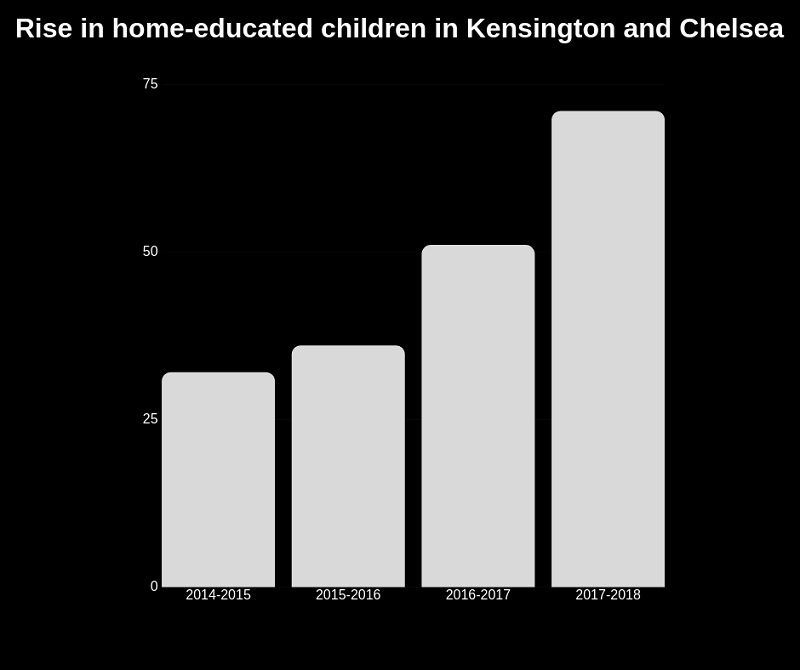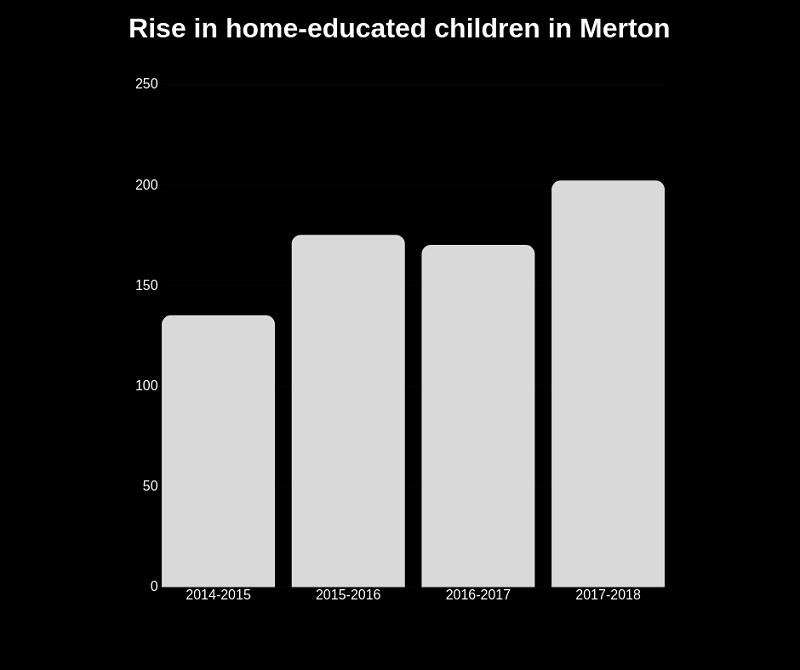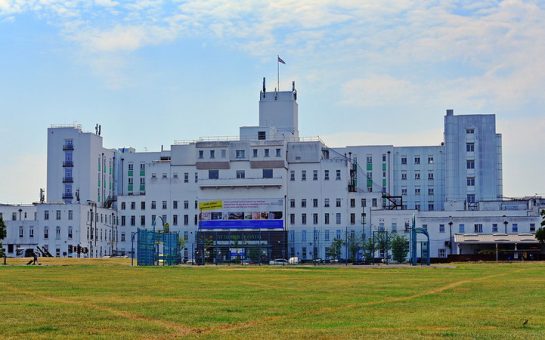The number of home-educated children in Kensington & Chelsea and Merton has doubled in the past four years, according to figures revealed by a freedom of information request.
In 2013-2014, there were only 113 home-schooled students in Merton, which nearly doubled to 202 by 2017-2018.
In Kensington & Chelsea, just 32 students were home-educated in 2014-15. By 2017-18, this had more than doubled to 72.
Jax Blunt, a mother who has home-educated her children since 2005, said: “Home-education was about letting my kids have the time and space to develop. Looking at the schooling system now, it is very target-oriented, there are so many tests, it’s very much about doing the prescribed thing at the prescribed time.
“You’ve got very little room for a child to be an individual and follow their interests and to develop naturally.”
She also pointed out that freedom of information requests only show the children known to the local authority and that the numbers will vary because of children that have never been registered.

Jax’s two eldest children have been in and out of mainstream education combined with home-education, and have both undertaken some GCSE qualifications. Her two youngest have never been to any school or nursery.
She added: “You have to be involved with your kids but you don’t have to sit them down and say ‘this is what we’re going to learn today’, what you can say is ‘what are you interested in and how can we follow that up for you, where can we go?’
“As long as you cover the basics like learning to read, which I think is incredibly important, they can do so much of it for themselves.”
Jax follows a relaxed timetable with her children, not abiding to set school holidays but instead following their learning alongside her children’s interests such as playing guitar, fencing and historical reenactment.
She expressed dismay at how the local authorities, and schools, are reluctant to let home-educated children take qualifications within their walls as home-educated students.

“Local authorities ought to have a responsibility to make access to exams available to people – it should be a requirement for every local authority to have a couple of examination centres available to people outside of school. At the moment it’s just a complete postcode lottery.”
As well as educating children themselves, a popular option in London is parents taking their children out of school to provide private one-on-one tuition.
A spokesperson from Tutorhouse, a tutoring agency which provides home-education tutors across London said: “‘The demand for home-schooling is on the rise. We are seeing almost double the enquiries each quarter for home-schooling and home-tutoring support.
“With failing schools, increasing class sizes and poor teaching; no wonder it’s on the increase. At the same time you’re seeing more highly experienced teachers leaving their profession – resulting in a better pool of great tutors to help home-schoolers.
“Homeschooling is no longer seen as a ‘strange kid’ thing, we believe that tutoring for home-schoolers coupled with online learning is the future.”
The increase in popularity of home-educating is not reflected across all south west London boroughs. Lambeth, for example, has large numbers of home-educated children that have fluctuated between 143-189 students over the last five years without a consistent rise or fall.
A bill to give the local authorities more power in assessing children who are home-educated and amend the 1996 Education Act, which was started in the House of Lords, is at the committee stage in the House of Commons.
This will require parents to provide information to the local authority about the assessment of the child’s education when requested, in order to ensure those who are home-educated are still getting a sufficient level of education.




